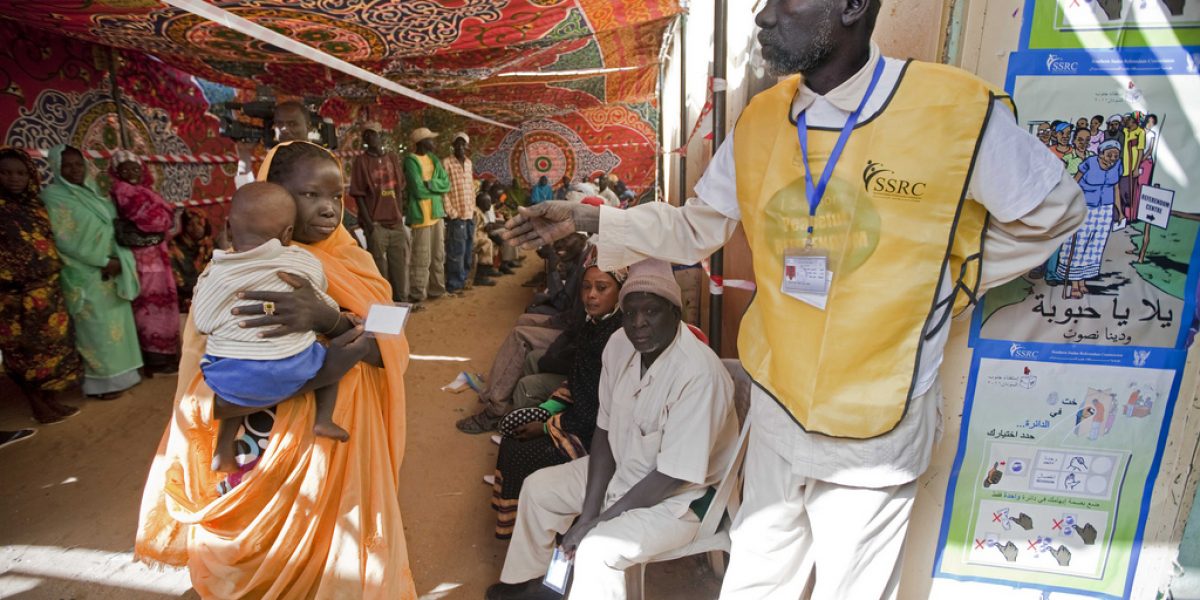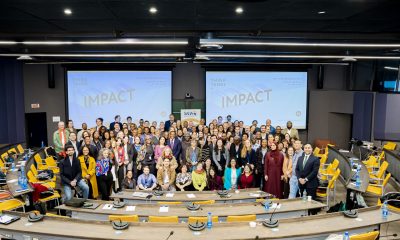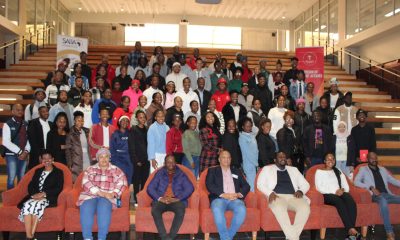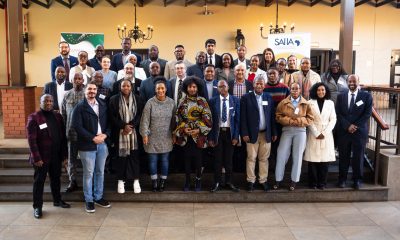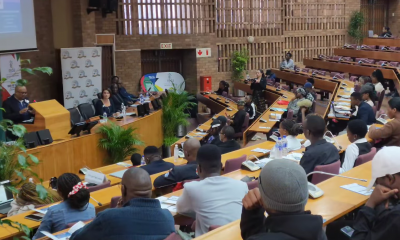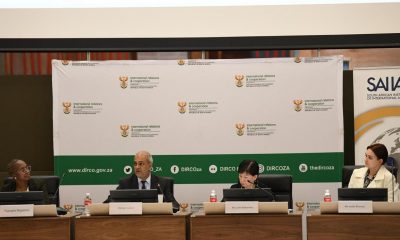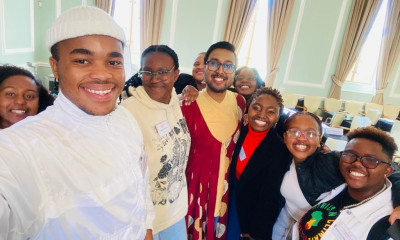During the 54 years since gaining independence in 1956, Sudan has experienced two civil wars that lasted 39 years in total. The 9 January referendum is a crucial component of the Comprehensive Peace Agreement (the CPA, signed in 2005) and could, potentially, redraw the political map of the country and the continent.
As the world watches events unfold in the Sudan, it is necessary to take stock of not only an arduous history of internal conflict, but to reflect on the positive impact continued peace in Sudan could have on the region and the continent. During the years since signing the CPA and the formation of a government of national unity, Northern Sudan’s NCP and Southern Sudan’s SPLM, have managed to work together under difficult circumstances. In the years since signing the CPA there has been a growing recognition of the need to cooperate and maintain peace within the Sudanese realm for the benefit of its citizens. The benefit of peace in Sudan has also been felt in all of its neighbours including Egypt, Ethiopia, Eritrea, Kenya, Uganda and the DRC. Uganda and Kenya’s economies have both felt the positive impact of economic opportunities in Southern Sudan.
The 9 January referendum vote is seen as the culmination of decades of struggle for rights and economic opportunity. It is also widely perceived as an event that will bring an end to the marginalisation of Southern Sudan. With high levels of excitement in the South as it prepares for the historical vote, it is also necessary to highlight the fact that the real work to develop a ‘new Sudan’ will only begin in earnest once the referendum outcome is known.
Since July 2010, the NCP and SPLM have been locked in negotiations on the post-referendum relationship between North and South Sudan – mediated by former South African president, Thabo Mbeki. The central issues addressed in these negotiations include a focus on financial and natural resource issues; security arrangements; international treaties and legal issues; and citizenship. Final agreement has not been reached on some of these. The hard work of finding appropriate ways to govern shared resources and to ensure that the lives of ordinary citizens are not disrupted by renewed conflict over border demarcations will have to continue after the referendum. However much has been accomplished in the past few years, the 9 January referendum, and the intense deliberations to follow after it, will require continued vigilance and international support.

